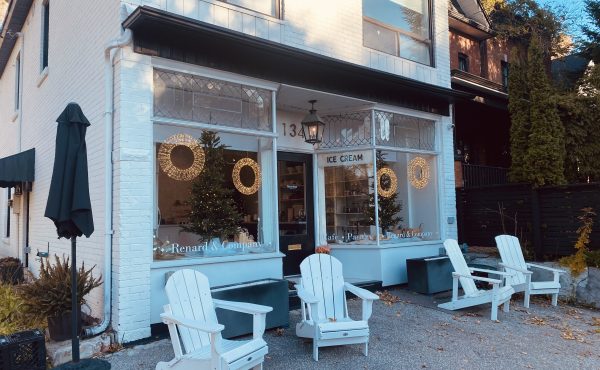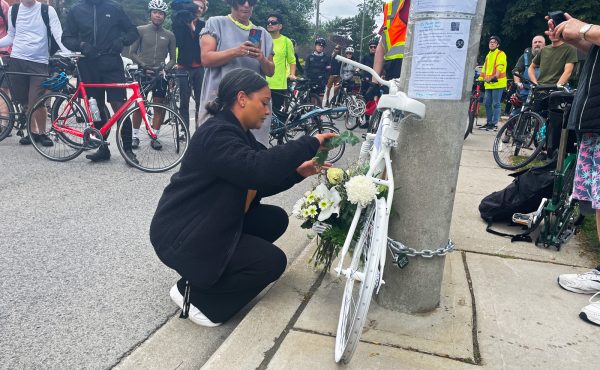 The Star has an article today (as does the Globe’s John Barber) about political donations in the 905-region. In Vaughan, “the city above Toronto,” nearly 70 percent of all “corporate contributions came directly from developers or companies that represented construction interests.” These numbers were discovered by York University political science professor Robert MacDermid.
The Star has an article today (as does the Globe’s John Barber) about political donations in the 905-region. In Vaughan, “the city above Toronto,” nearly 70 percent of all “corporate contributions came directly from developers or companies that represented construction interests.” These numbers were discovered by York University political science professor Robert MacDermid.
In the Star he says don’t be too quick to blame the corporations and the developers for hijacking or influencing council agendas because, “Citizens have a blame here. In their absence from politics both as voters and as contributors, business and development interests fill that void.”
One question the article doesn’t seem to address is this: are citizens not donating to campaigns because they see that developers already have their hands in the pockets of councillors? If the planning process is already fixed because councillors are only being lobbied by developers, is there any use in participating? I don’t approve of this kind of apathetic attitude, but there seems to be good reason for any Mississauga or Newmarket voter to feel unnecessary in the local political process.
The old adage, “you get what you pay for” rings true in this region. Almost 94 per cent of Vaughan Mayor Michael Di Biase’s political contributions came from corporate interests (compared to just 21.1 per cent of Mayor David Miller’s campaign donations in 2003 and zero percent in the 2006 election which he has pledged).
We can complain all we want about Toronto councillors being the pawns of developers, but the real damage to our public spaces in the GTA is happening in the surrounding 905-region. I don’t think it is unfair to say that when councillors are financially beholden to developers to get re-elected each term, then some favours will certainly come back to the donors. You want to pave over the most fertile farmland in southern Ontario? Go ahead! Want to build on culturally sensitive areas of the aboriginal people? No problem!
The financial connection between councillors and developers is something that Spacing is hoping to explore during the upcoming city election and we hope you ask these type of questions to your ward’s candidates and incumbents.




3 comments
Glad to see Spacing looking beyond our immediate livable city. I wonder how the local media will spin this story. Will it even get reported?
Frustrating. It saddens me that at the end of the day everything comes down to money and greed. We will all stand dumbly by while our world is destroyed so a few already rich people can get get a bit richer. Perhaps it is the dislocated lifestyle of suburbia that seems to cause so much voter apathy — people are comfortable enough in their own little boxes, so they don’t feel a part of a larger community.
All the more reason to not allow politicans to be making the decisions on development applications. Politicians should be working with residents and owners to establish the vision and by-laws for development within the city. Development review boards with members who are professional planners, architects, and community representaives appointed through a public process should be interpreting the rules as they apply to individual development applications and making decision on whether to approve or deny an application. Council can then overturn a development review board’s decision with a two-thirds vote.
Some American cities function under this type of system. Development should be approved based on the merits of the application, not the politics of the people involved.